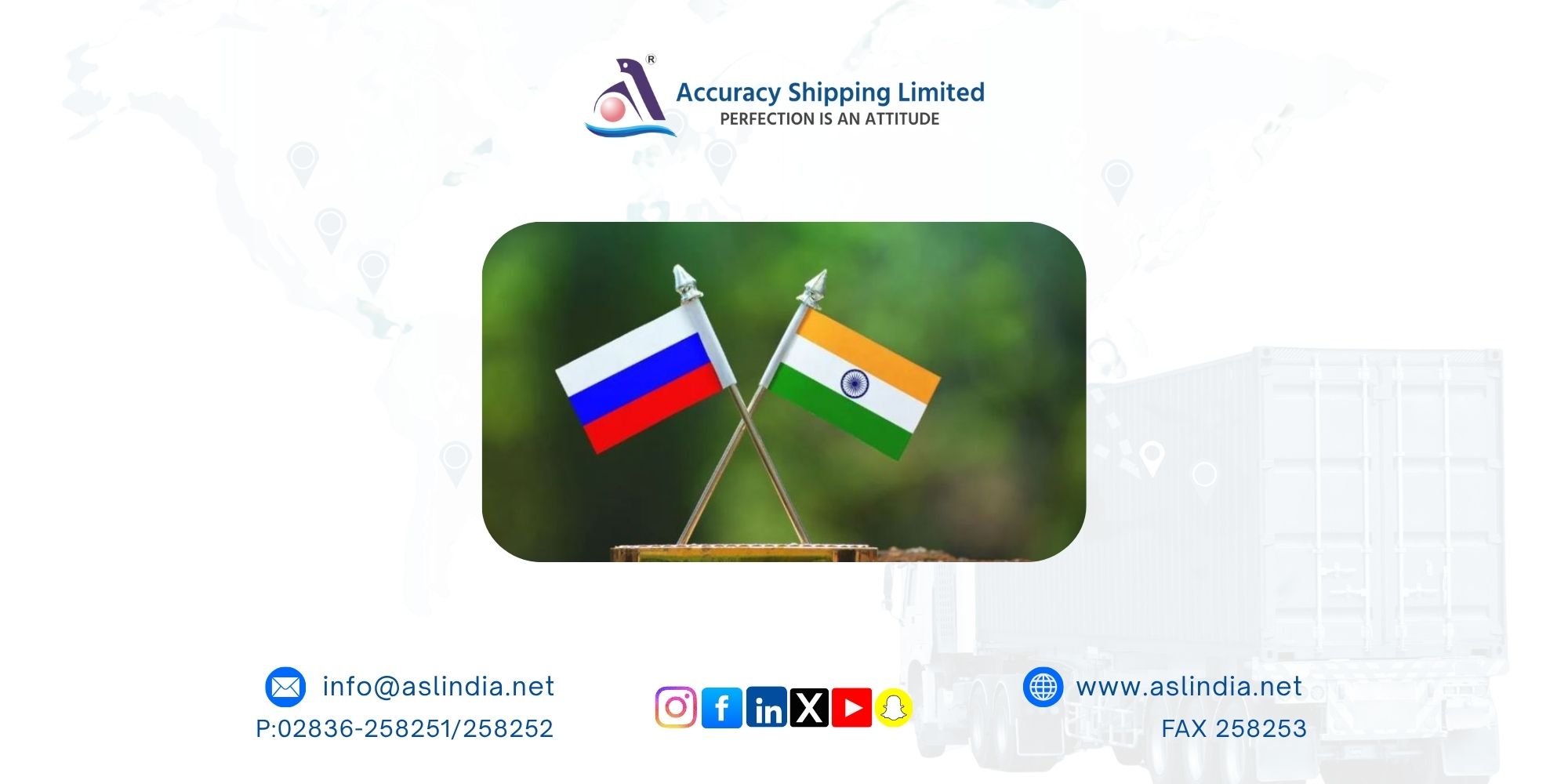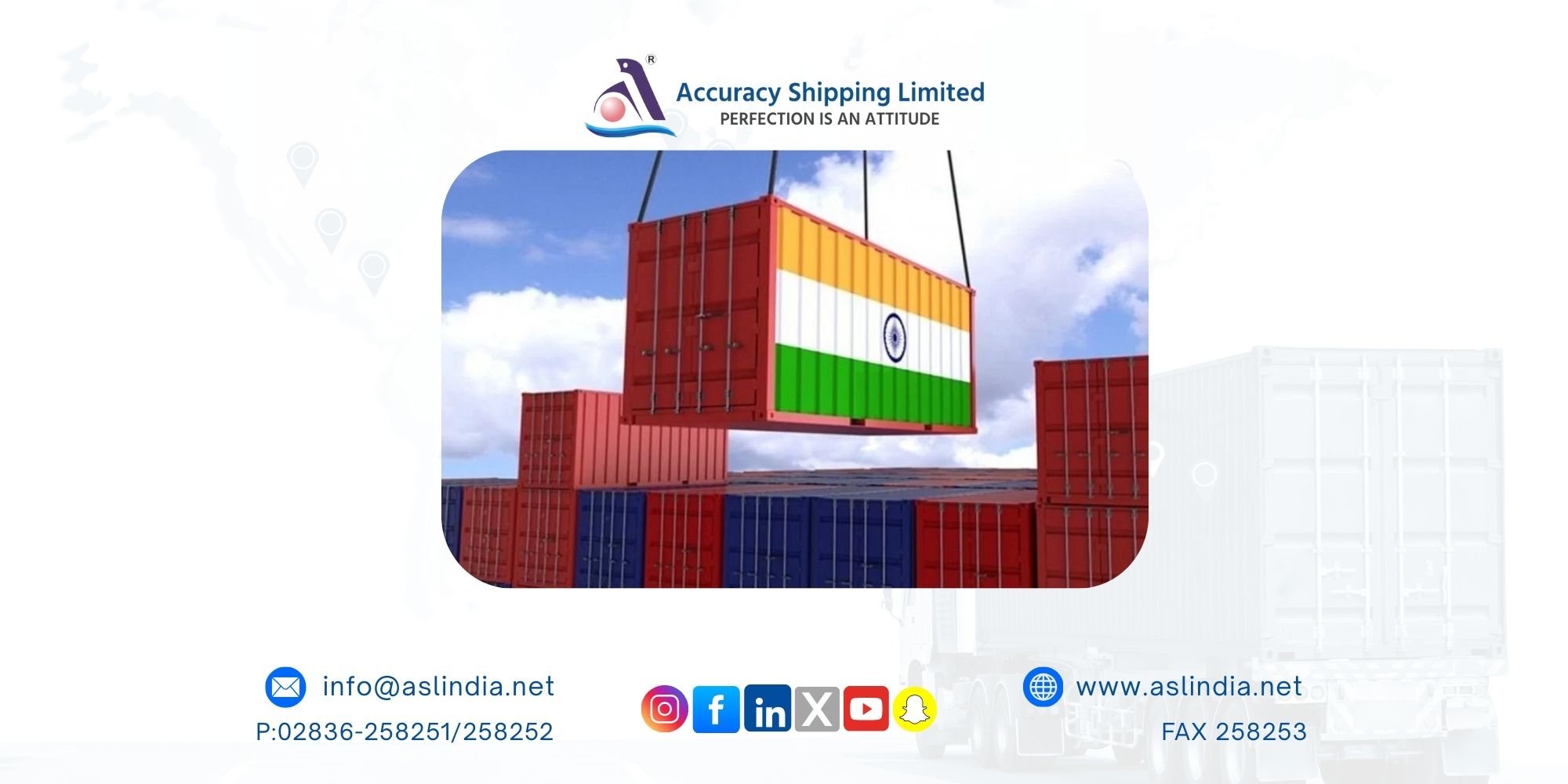Russia, India to Discuss Shipbuilding Clusters at Upcoming Modi–Putin Summit

As India prepares to host the forthcoming summit between Prime Minister Narendra Modi and Russian President Vladimir Putin in New Delhi early next month, expectations are rising around a new chapter of bilateral cooperation this time centered on shipbuilding, ship repair, green maritime technology, and advanced port infrastructure. With both nations seeking to strengthen their maritime capabilities, the summit is poised to highlight ambitious plans to develop shipbuilding clusters in India, particularly in Chennai and Mumbai.
Russia Signals Strong Interest in Indian Shipbuilding Hubs
Nikolay Patrushev, Aide to the President of Russia and Chairman of the Maritime Board of Russia, has underscored Moscow’s readiness to participate in establishing shipbuilding and ship-repair clusters in India’s key coastal regions.
During his visit to New Delhi, Patrushev stated that Russia sees “reasonable potential” in collaborating on maritime industrial development in Chennai and Mumbai two cities that already serve as major economic and logistics hubs for India’s maritime sector.
According to Patrushev, setting up these clusters with Russian partnership could unlock a new industrial ecosystem, supporting domestic manufacturing, job creation, and supply-chain resilience.
High-Level Bilateral Meetings Ahead of the Summit
Patrushev’s visit to India forms part of the preparations for the Modi–Putin summit. During his stay, he held crucial meetings with top Indian officials, including:
Ajit Doval, National Security Advisor
Vice Admiral Biswajit Dasgupta, National Maritime Security Coordinator
Sarbananda Sonowal, Minister of Ports, Shipping and Waterways
The discussions focused on strengthening cooperation in the civilian maritime sector, emphasizing:
Modern shipbuilding
Port infrastructure development
Maritime logistics and connectivity
Crew training and skill enhancement
Joint research on the “World Ocean”
This wide-ranging agenda signals a deepening strategic understanding between the two countries.
Russia Offers Advanced Ship Designs and Maritime Technology
Highlighting Russia’s technological capabilities, Patrushev revealed that Moscow is ready to offer India an extensive range of ship designs, including:
Fishing vessels
Passenger ships
Auxiliary vessels
Specialised ships such as ice-class vessels and icebreakers
He also reaffirmed Russia’s unmatched expertise in icebreaker construction a niche segment where Russia leads the world.
A notable area of synergy is green shipbuilding, which aligns with India’s growing focus on sustainable maritime solutions and its long-term plans for decarbonization across ports and shipping operations.
Strengthening Research Ties Through Krylov State Research Centre
Russia’s Krylov State Research Centre in St. Petersburg, a globally renowned maritime research institution, is expected to play a key role in joint projects.
Patrushev emphasized that this research centre currently being upgraded into a comprehensive national maritime research hub could collaborate with Indian institutions to boost innovation in naval architecture, marine engineering, and advanced ocean studies.
Such cooperation could accelerate India’s capabilities in next-generation ship design and ocean research technologies.
Joint Database of Shipbuilding Designs: A Game-Changer for India
One of the most promising outcomes under discussion is the development of a joint database of standardized shipbuilding designs between India and Russia.
Patrushev noted that such a shared repository would:
Reduce India’s fleet modernization costs
Speed up shipbuilding cycles
Improve quality through standardized, tested designs
Support the growth of domestic shipyards
This initiative aligns perfectly with India’s broader maritime strategy to expand indigenous shipbuilding capacity under Aatmanirbhar Bharat.
A Strategic Moment for India–Russia Maritime Cooperation
As India aims to strengthen port infrastructure, expand shipbuilding output, and enhance supply-chain resilience, Russia’s technological expertise and industrial scale could serve as valuable assets.
The upcoming Modi–Putin summit is expected to formalize several of these collaborative plans, marking a significant step forward in bilateral maritime partnership.
If realized, the proposed shipbuilding clusters in Chennai and Mumbai could become major engines of growth for India’s maritime sector fostering innovation, boosting exports, generating employment, and positioning India as a leading shipbuilding hub in the Indo-Pacific region.







